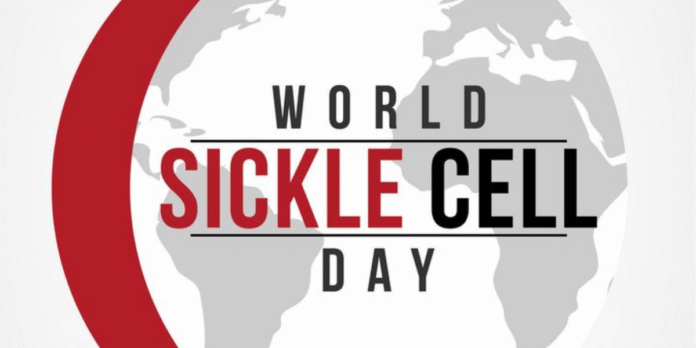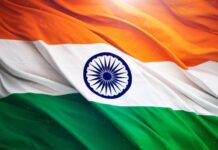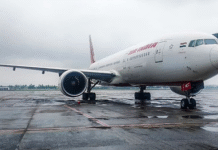New Delhi, June 24 (The Wave Andaman/IANS): A senior scientist at the Indian Council of Medical Research (ICMR) has raised concerns over the lack of effective treatment options for sickle cell disease in India, calling for urgent identification and development of new drugs beyond the decades-old hydroxyurea therapy.
Dr. Manisha Madkaikar, Director of the ICMR-Centre for Research Management and Control of Haemoglobinopathies (CRHCM), Nagpur, said hydroxyurea remains the only drug to have shown consistent results in managing the disease. However, she acknowledged that it is not effective in all patients and requires lifelong administration.
“We have known sickle cell disease for decades, yet hydroxyurea is still the only drug widely used,” she said. “Some patients don’t respond to it at all. This highlights the pressing need for better, long-term solutions.”
The issue came into sharper focus last week when the Union Ministry of Tribal Affairs announced a ₹10 crore prize for the development of a new drug for sickle cell disease. The initiative, in partnership with AIIMS Delhi, aims to incentivize pharmaceutical innovation for a disorder that disproportionately affects India’s tribal communities.
Tribal Populations Among Worst Affected
Sickle cell disease is a genetic blood disorder that alters the shape of red blood cells, leading to chronic pain, anaemia, and complications that can be life-threatening. It is highly prevalent among Scheduled Tribes (STs), with estimates suggesting 1 in 86 tribal births are affected.
🔗 Related: Sickle Cell Awareness Day Shines Light on Genetic Disorders in Andaman
The disease burden is especially pronounced in tribal districts across states such as Chhattisgarh, Odisha, Maharashtra, Gujarat, and also in island territories like the Andaman and Nicobar Islands, where awareness, screening, and treatment access remain limited.
Limited Treatment Landscape
While bone marrow transplantation and gene therapy are being explored globally, they remain out of reach for most patients in India due to high costs and limited infrastructure.
“There’s a huge gap in treatment options. India needs a breakthrough drug that’s more effective, affordable, and accessible,” Madkaikar emphasized.
Currently, hydroxyurea is part of the National Health Mission’s essential drugs list and is available through public health systems. However, the drug’s limitations are prompting scientists and policymakers to look for alternatives that can address the unmet needs of a growing patient base.
Government Push for Innovation
Union Minister of State for Tribal Affairs Durgadas Uikey, speaking on World Sickle Cell Day, also announced the Bhagwan Birsa Munda Prize, which will be awarded to the best proposal for a new drug to treat sickle cell disease. The selected innovation will be funded up to ₹10 crore.
The initiative is part of the Centre’s broader plan under the National Sickle Cell Anaemia Elimination Mission, which aims to eradicate the disease by 2047 through screening, treatment access, and awareness campaigns.
Outlook
As India ramps up its efforts to combat the disease, experts say a multi-pronged approach combining drug development, early diagnosis, tribal health integration, and public-private collaboration will be key to addressing the long-standing challenges posed by sickle cell disease.





